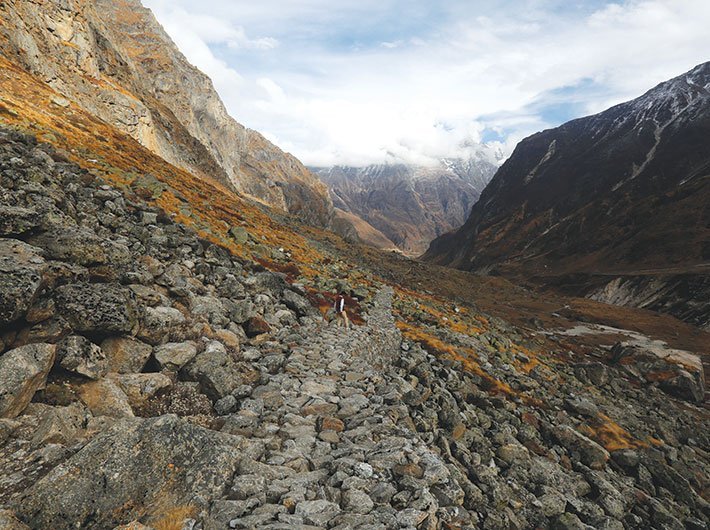Despite the caveats, the climate change agreement has been broadly welcomed as a historic first step towards a decarbonised economy. Here are five points in the 31-page document
GN Bureau | December 14, 2015

Knowledge is a powerful weapon to help people and improve their lives. Knowledge provides the tools to understand society, solve problems, and empower people to overcome challenges and experience personal growth. Limited sources were available to attain information on the events in and arou
Punjabi Centuries: Tracing Histories of Punjab Edited by Anshu Malhotra Orient BlackSwan, 404 pages, Rs. 2,150
The Scam That Shook a Nation By Prakash Patra and Rasheed Kidwai HarperCollins, 276 pages, Rs 399 The 1970s were a
The final ‘Report of India’s G20 Task Force on Digital Public Infrastructure’ by ‘India’s G20 Task Force on Digital Public Infrastructure for Economic Transformation, Financial Inclusion and Development’ was released in New Delhi on Monday. The Task Force was led by the
Mahabharata: A World War By Gaurang Damani Sanganak Prakashan, 317 pages, Rs 300 Gaurang Damani, a Mumbai-based el
With the return of the NDA to power in the recently concluded Lok Sabha elections, all eyes are now on finance minister Nirmala Sitharaman’s full budget for the FY 2024-25. The interim budget presented in February was a typical vote-on-accounts, allowing the outgoing government to manage expenses in